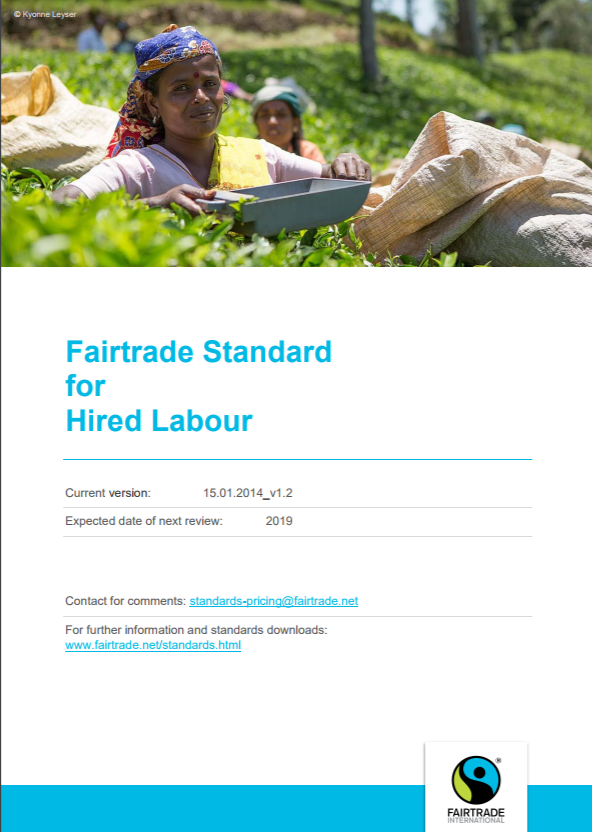Adidas Code of Conduct for Suppliers: ‘Workplace Standards’
Standards & Codes of ConductGood PracticesThe Workplace Standards are rules Adidas applies at their own sites and our suppliers’ factories to cover health and safety, labor rights and environmental protection. The Standards draw from international law and the International Labour Organi...Read More

